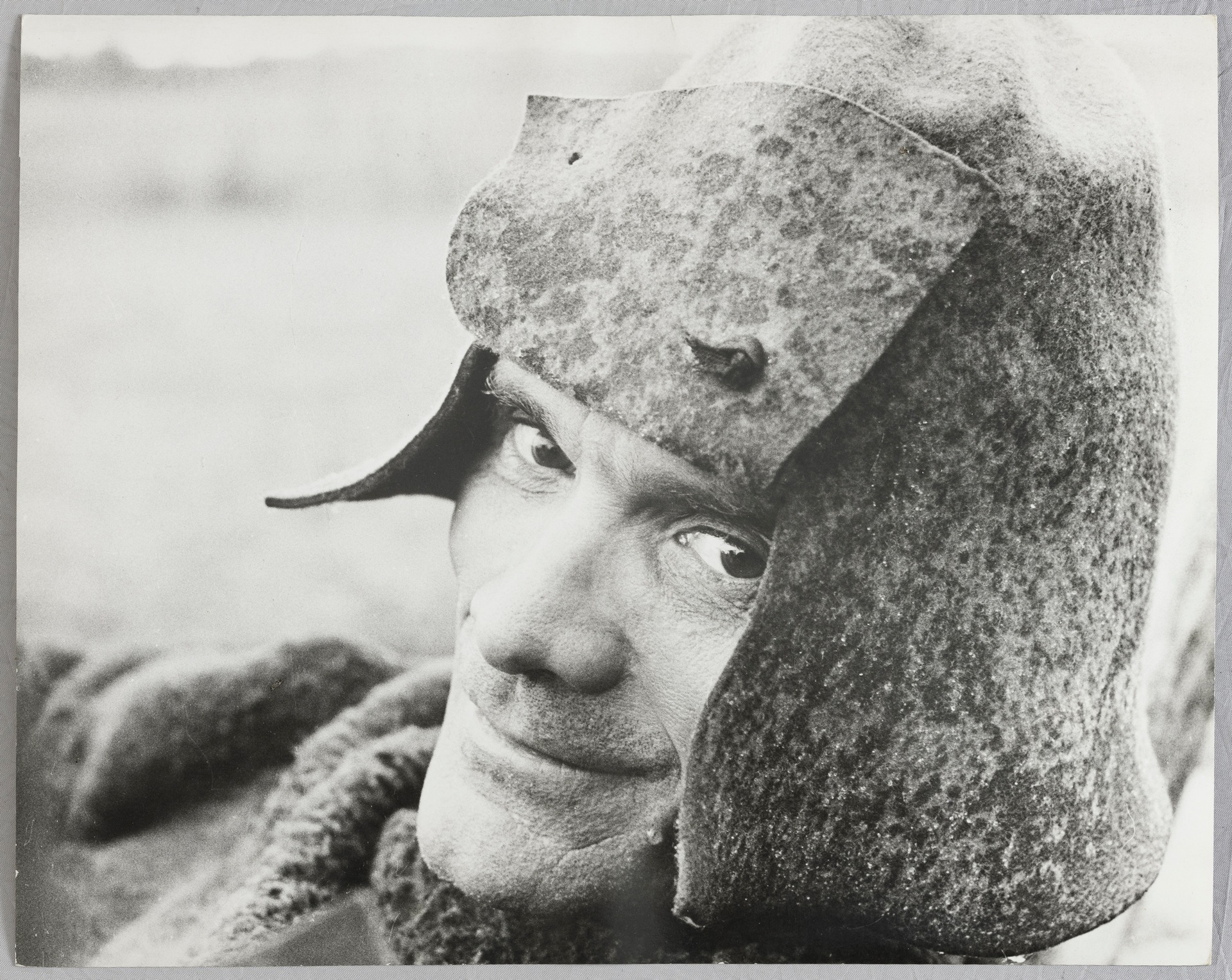Pier Paolo Pasolini. Porcili
11 Sep - 10 Nov 2024
Curators: Giuseppe Garrera, Cesare Pietroiusti
Co-curator: Clara Tosi
Location: Neuer Berliner Kunstverein (n.b.k.), Chausseestrasse 128/129, 10115 Berlin
The exhibition Pier Paolo Pasolini. Porcili at Neuer Berliner Kunstverein (n.b.k.) explores the “corpo” (body) of Pasolini through a rich array of original materials, including photographs, films, newspapers, books, and film costumes. It traces his work and ideas, highlighting the visionary life and career of the director, poet, and thinker. Known for his radical views and rebellion against social conventions, Pasolini often sparked controversy in Italian society from the 1950s to the 1970s. His affiliation with the Communist Party and his open homosexuality made him a provocative figure. He faced public ridicule and legal troubles, and was murdered in 1975 under unclear circumstances. The exhibition at n.b.k. chronicles these events, shedding light on the harsh persecution Pasolini endured. It documents the systematic discrimination faced by a dissident who celebrated the body as a site of self-determination amidst a backdrop of courtrooms, street attacks, censorship, and ridicule.
A project in cooperation with Fondazione Centro Sperimentale di Cinematografia – Cineteca Nazionale, Rome, and Babylon cinema, Berlin.
Kindly supported by Deutsche Akademie Villa Massimo, Rom
Co-curator: Clara Tosi
Location: Neuer Berliner Kunstverein (n.b.k.), Chausseestrasse 128/129, 10115 Berlin
The exhibition Pier Paolo Pasolini. Porcili at Neuer Berliner Kunstverein (n.b.k.) explores the “corpo” (body) of Pasolini through a rich array of original materials, including photographs, films, newspapers, books, and film costumes. It traces his work and ideas, highlighting the visionary life and career of the director, poet, and thinker. Known for his radical views and rebellion against social conventions, Pasolini often sparked controversy in Italian society from the 1950s to the 1970s. His affiliation with the Communist Party and his open homosexuality made him a provocative figure. He faced public ridicule and legal troubles, and was murdered in 1975 under unclear circumstances. The exhibition at n.b.k. chronicles these events, shedding light on the harsh persecution Pasolini endured. It documents the systematic discrimination faced by a dissident who celebrated the body as a site of self-determination amidst a backdrop of courtrooms, street attacks, censorship, and ridicule.
A project in cooperation with Fondazione Centro Sperimentale di Cinematografia – Cineteca Nazionale, Rome, and Babylon cinema, Berlin.
Kindly supported by Deutsche Akademie Villa Massimo, Rom

